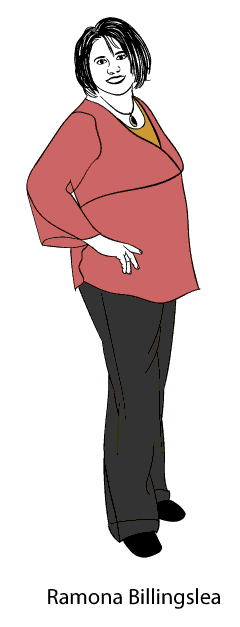November 12, 2015

No doubt about it, private label is hot. “Store-brand acceptance among consumers is at an all-time high and will likely continue to grow,” says Jim Wisner, president of Wisner Marketing Group in Libertyville, Illinois. “Whether sales growth keeps pace with customer acceptance depends on how well retailers execute.” In other words, you already have a captive customer base—now go forth and wow them with your own-brand products. Here are nine hot tips on how to ensure your line’s success.
Retailer marketing strategist
Jim Wisner, founder/president of Wisner Marketing Group in Libertyville, Illinois
Never sacrifice quality for price. Retailers too often get hung up on offering a cheap price over quality, but your product should be every bit as good as or better than a national brand. The only exception is when you’re clearly positioning a product as a value offering and customers clearly understand that it’s an entry-price-point item. But for something you’re proud to put your name on, never put price in front of quality.
and customers clearly understand that it’s an entry-price-point item. But for something you’re proud to put your name on, never put price in front of quality.
Balance brand, product names. With supplements, make your brand name and logo prominent, but not dominant. The actual name of the item, its purpose and its benefit should be more dominant; also state clearly whether it’s a capsule or tablet and list the dosage. Keep branding somewhat uniform across products to help with brand recognition. With food, you can shake things up more to make each item appear appetizing, but you can’t do too much pictorially with supplements. Besides, consumers like a little more sober packaging with health-related products.
Don’t discount too deep. There are much higher price spreads in HABA than other categories—typically 30 percent to 35 percent—and there’s a fine line between pricing your label too high and too low. If a national brand is $10 and yours is $5, you’ll plant doubt in customers’ minds about the quality of your product. However, if your price is too close to that of the name brand, customers might feel there’s not enough of a discount.
Retailer
Ramona Billingslea, marketing and education manager at Betsy’s Health Foods in Houston
Perfect packaging before launching. Your private label should look every bit as professional as a national brand. We delayed bringing in ours until we had a brand, logo and label that we knew represented our store and would pop on the shelf. We also went a step further and trademarked our logo. One caution for trademarking: Shop around. Some companies charge a lot for this service, so look for an individual lawyer who can help you for a much more reasonable price.
charge a lot for this service, so look for an individual lawyer who can help you for a much more reasonable price.
Talk it up everywhere. We feature our private label in our internal marketing, including our monthly newsletter, emails to customers and our website. We take advantage of free samples offered by our manufacturing partner. We also have a sample product of a basic vitamin C that we give away during special events or to new customers in order to introduce more shoppers to our brand. We’ve created brochures to hand out to shoppers as they’re considering our private label to inform them about our quality and ingredients.
Get staff on board. Another way we promote our line is by making sure our employees are as excited about it as we are. We offer these products to our staff at cost to encourage their use and get employees more comfortable selling them. Since they usually really like these products, they tend to point customers to them more often, which in turn makes our line more popular among shoppers.
Private label supplement manufacturer
Jane Drinkwalter, vice president of sales at Vitamer Laboratories in Irvine, California
Convey why your brand rocks. Make sure you can articulate to shoppers why you carry your own brand, without just saying it’s “the best.” That term is easily used, but everyone says it. What does “best” mean for your store and your shoppers? Have this top of mind for every customer connection, whether in conversation or print. Train your entire staff in detail so that everyone, from the folks in produce to your cashiers, knows the bullet points about why the line was brought in and how it’s unique.
points about why the line was brought in and how it’s unique.
Location, location, location. Always keep private-label products at eye level in whichever spot within the store will highlight them best. “But my best-selling brands go there!” you say. Well, isn’t your name the most important? A common mistake retailers make is protecting national brands so much that they don’t get behind their own. You need national brands for selection, but your name should come first. How will it grow if it’s on the bottom shelf or below eye level?
Lean on your contract manufacturer. Training and education play a very important part in this dynamic industry, and a good contract manufacturing partner will provide that. They should also offer new product presentations, promo strategy consultations and category management advice. I know this is a challenge given time and labor constraints, but your supplier can help with critical reports and programs. Prioritize quarterly meetings.
About the Author
You May Also Like
.png?width=700&auto=webp&quality=80&disable=upscale)



